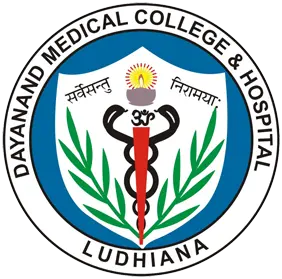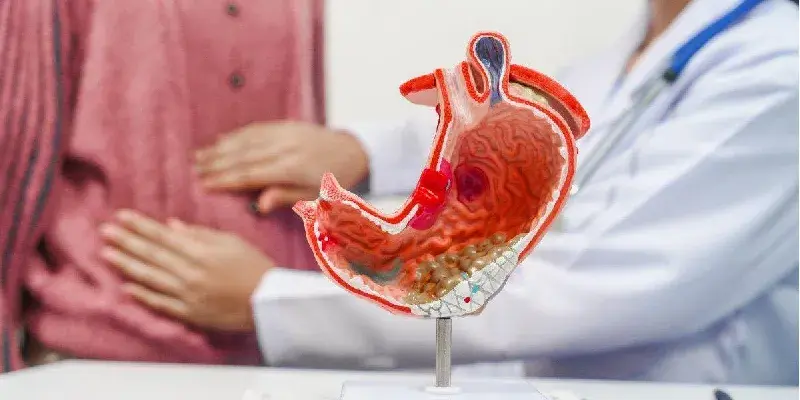Acid reflux (GERD)
Acid reflux, also known as gastro-oesophageal reflux disease (GERD), is a chronic digestive condition in which stomach contents, especially acid, reflux backward into the esophagus, the muscular tube that connects the mouth and stomach. The lower esophageal sphincter (LES), a circular band of muscle at the bottom of the oesophagus, weakens or relaxes improperly, causing this backflow, also referred to as reflux. The lining of the oesophagus may become irritated and inflamed as a result of stomach acid and occasionally partially digested food rising up into it.
Heartburn, a burning feeling in the chest that frequently happens after eating and may get worse when bending over or lying down, is the most typical sign of GERD. A persistent cough, hoarseness or sore throat, a feeling of a lump in the throat, difficulty swallowing (dysphagia), regurgitation of food or sour liquid, and chest pain that occasionally mimics heart issues are additional symptoms. Depending on the person, these symptoms may be mild, moderate, or frequent.
Obesity, pregnancy, smoking, certain medications, and eating large meals or trigger foods like fatty, fried, spicy, or acidic foods are some of the factors that can lead to the development of GERD. GERD risk may also be increased by a condition called a hiatal hernia, in which a portion of the stomach pushes up through the diaphragm into the chest cavity.
Tests like endoscopy, esophageal pH monitoring, and manometry to assess LES and esophageal function are often used in conjunction with symptom assessment to make the diagnosis. Reducing acid reflux and esophageal healing are the main goals of GERD treatment. This frequently entails changing one's lifestyle to include things like losing weight, avoiding trigger foods, eating smaller meals, sleeping with the head up, and stopping smoking. Proton pump inhibitors (PPIs), antacids, and H2 receptor blockers are among the medications frequently used to reduce acid production and offer relief. Fundoplication is one surgical procedure that may be considered in cases that are more severe or that are not responding to treatment.
Serious side effects like chronic oesophagitis, esophageal strictures (narrowing), ulcers, respiratory issues, and Barrett's esophagus—a disorder that raises the risk of esophageal cancer—can result from untreated GERD. To avoid these long-term consequences and enhance quality of life, early diagnosis and appropriate treatment are crucial.

Enter at least 2 characters...
Enter at least 2 characters...
Enter at least 2 characters...
Enter at least 2 characters...
Enter at least 2 characters...



.webp)


.webp)